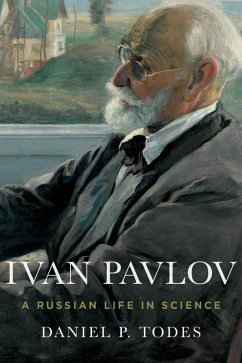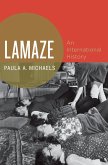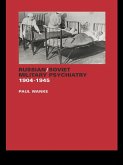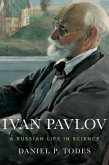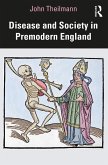Winner of the Pfizer Award from the History of Science Society "Contrary to legend, Ivan Pavlov (1849-1936) never trained a dog to salivate to the sound of a bell." So begins this definitive, deeply researched biography of Ivan Pavlov. Daniel P. Todes fundamentally reinterprets the Russian physiologist's famous research on conditional reflexes and weaves his life, values, and science into the tumultuous century of Russian history-particularly that of its intelligentsia-from the reign of tsar Nicholas I to Stalin's time. Ivan Pavlov was born to a family of priests in provincial Riazan before the serfs were emancipated, and made his home and professional success in the booming capital of St. Petersburg in late imperial Russia. He suffered the cataclysmic destruction of his world during the Bolshevik seizure of power and civil war of 1917-21, rebuilt his life in his seventies as a "prosperous dissident" during the Leninist 1920s, and flourished professionally as never before in the 1930s industrialization, revolution, and terror of Stalin times. Using a wide variety of previously unavailable archival materials, Todes tells a vivid story of that life and redefines Pavlov's legacy. Pavlov was not, in fact, a behaviorist who believed that psychology should address only external behaviors; rather, he sought to explain the emotional and intellectual life of animals and humans, "the torments of our consciousness." This iconic "objectivist" was actually a profoundly anthropomorphic thinker whose science was suffused with his own experiences, values, and subjective interpretations. Todes's story of this powerful personality and extraordinary man is based upon interviews with surviving coworkers and family members (along with never-before-analyzed taped interviews from the 1960s and 1970s), examination of hundreds of scientific works by Pavlov and his coworkers, and close analysis of materials from some twenty-five archives. The materials range from the records of his student years at Riazan Seminary to the transcripts of the Communist Party cells in his labs, and from his scientific manuscripts and notebooks to his political speeches; they include revealing love letters to his future wife and correspondence with hundreds of scholars, artists, and Communist Party leaders; and memoirs by many coworkers, his daughter, his wife, and his lover. The product of more than twenty years of research, this is the first scholarly biography of the physiologist to be published in any language.
Dieser Download kann aus rechtlichen Gründen nur mit Rechnungsadresse in A, B, BG, CY, CZ, D, DK, EW, E, FIN, F, GR, HR, H, IRL, I, LT, L, LR, M, NL, PL, P, R, S, SLO, SK ausgeliefert werden.

